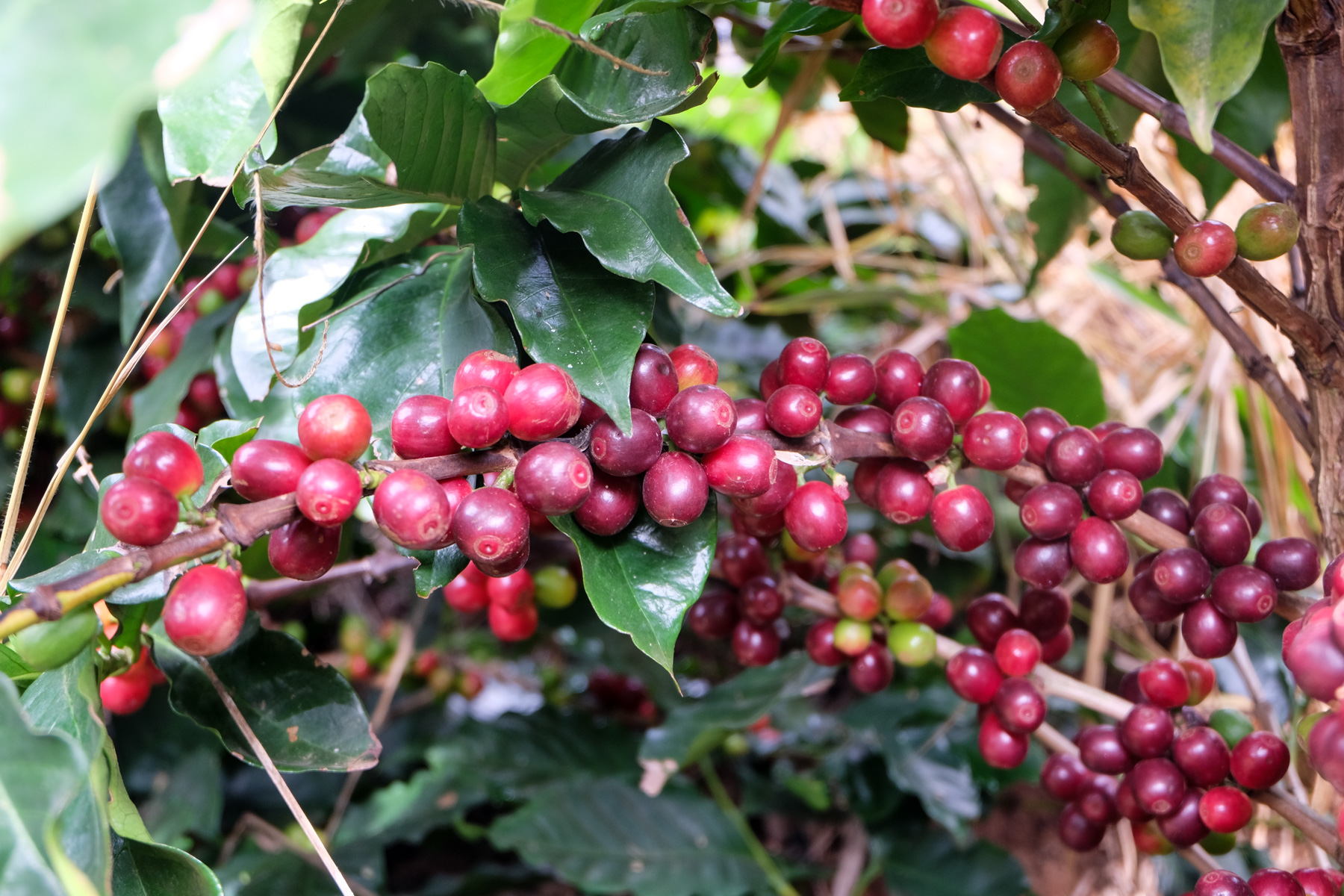Benefits of drinking coffee in women drinking coffee can reduce the risk of postmenopausal breast and endometrial cancer
Coffee intake reduces postmenopausal breast cancer risk
Objective: A dose-response meta-analysis was performed to summarize evidence for an association between coffee intake and breast cancer risk from prospective cohort studies.
Methods: A systematic search was performed in the electronic database as of March 2017 to identify relevant studies; risk estimates were retrieved from the studies and linear and nonlinear dose response analyses using a constrained cubic spline model were performed. Stratified and subgroup analyses were performed by menopause and estrogen/progesterone receptor (ER/PR) status, smoking status, and body mass index (BMI) to detect potential confounders.
Results: A total of 21 prospective studies were selected for dose-response, highest and lowest consumption categories, or subgroup analyses. Dose-response analyses of 13 prospective studies showed no significant association between coffee intake and breast cancer risk in nonlinear models. However, when the analysis was limited to postmenopausal women, the opposite relationship was found. Drinking four cups of coffee a day was associated with a 10% reduction in postmenopausal cancer risk (relative risk, RR 0.90;95% confidence interval, CI 0.82 to 0.99). Subgroup analyses showed consistent results for all potential confounders.

Coffee lowers risk of endometrial cancer

Objective: The aim of this study was to conduct a meta-analysis of the association between coffee consumption and endometrial cancer risk.
Methods: Eligible studies were identified by searching PubMed and EMBASE databases. Dose-response relationships between the highest and lowest coffee consumption categories and endometrial cancer risk were assessed. Subgroup analyses considering menopause and receptor status, smoking status, and BMI (body mass index) were performed to identify potential confounders.
Results: A total of 12 studies eligible for meta-analysis were identified. A dose-response meta-analysis showed a reduced risk of endometrial cancer. In addition, subgroup analyses showed that coffee consumption was significantly associated with a reduced postmenopausal cancer risk. Increasing coffee intake by four cups per day was associated with a 20% reduction in endometrial cancer risk (RR 0.80;95% CI 0.72 to 0.89) and a 24% reduction in postmenopausal cancer risk (RR 0.76;95% CI 0.69 to 0.83).
Conclusions: The results suggest that increased coffee intake is associated with a reduced risk of endometrial cancer, and that this association may also apply to postmenopausal cancer.
Important Notice :
前街咖啡 FrontStreet Coffee has moved to new addredd:
FrontStreet Coffee Address: 315,Donghua East Road,GuangZhou
Tel:020 38364473
- Prev

Besides flat knife and conical knife, what are the characteristics and advantages of ghost tooth cutter head of coffee grinder?
People who start drinking coffee beans are bound to come into contact with ground beans. Bean grinder is very important! Bean grinder is very important! Bean grinder is very important! Under the premise of limited expectations, buying a good bean grinder first will have an immediate effect on improving coffee products, which is more effective than throwing fantasy-grade cups or handcups. Usually, consumers can check out after selling beans.
- Next

Frozen coffee beans help keep them fresh? How to store coffee beans? How to keep coffee beans sealed and cool
The biggest enemies of beans that keep them sealed and cool are air, moisture, heat and light. To retain the freshly baked flavor of beans for as long as possible, store them in an opaque sealed container at room temperature. Coffee beans can be beautiful, but avoid using transparent cans because the light will affect the taste of the coffee. Put your beans in a cool place. Close to roasting
Related
- Detailed explanation of Jadeite planting Land in Panamanian Jadeite Manor introduction to the grading system of Jadeite competitive bidding, Red bid, Green bid and Rose Summer
- Story of Coffee planting in Brenka region of Costa Rica Stonehenge Manor anaerobic heavy honey treatment of flavor mouth
- What's on the barrel of Blue Mountain Coffee beans?
- Can American coffee also pull flowers? How to use hot American style to pull out a good-looking pattern?
- Can you make a cold extract with coffee beans? What is the right proportion for cold-extracted coffee formula?
- Indonesian PWN Gold Mandrine Coffee Origin Features Flavor How to Chong? Mandolin coffee is American.
- A brief introduction to the flavor characteristics of Brazilian yellow bourbon coffee beans
- What is the effect of different water quality on the flavor of cold-extracted coffee? What kind of water is best for brewing coffee?
- Why do you think of Rose Summer whenever you mention Panamanian coffee?
- Introduction to the characteristics of authentic blue mountain coffee bean producing areas? What is the CIB Coffee Authority in Jamaica?

